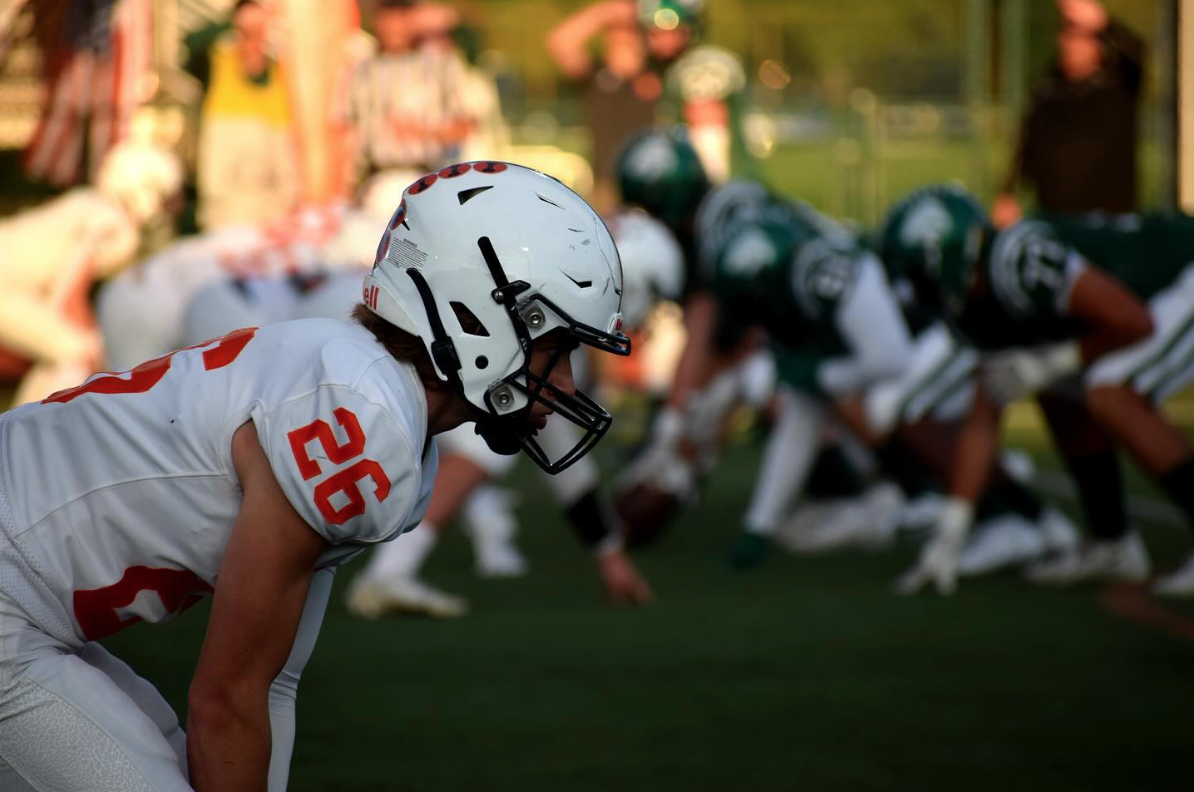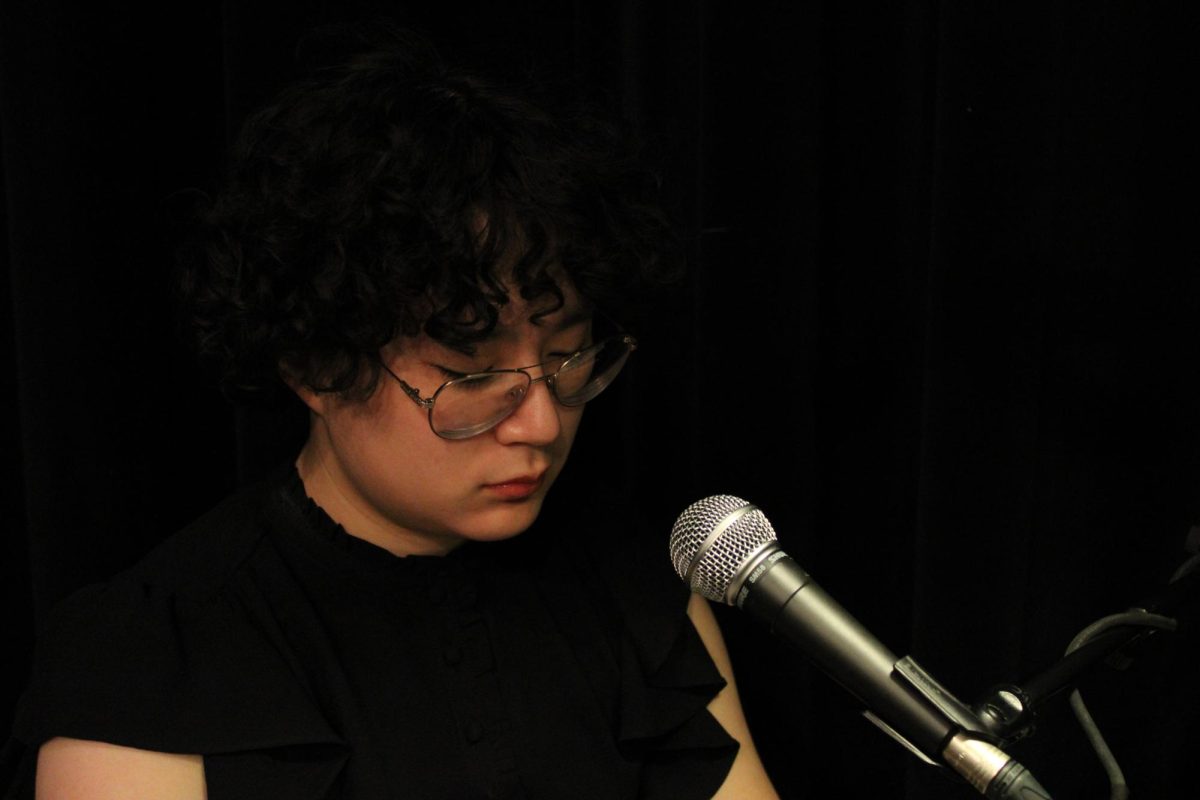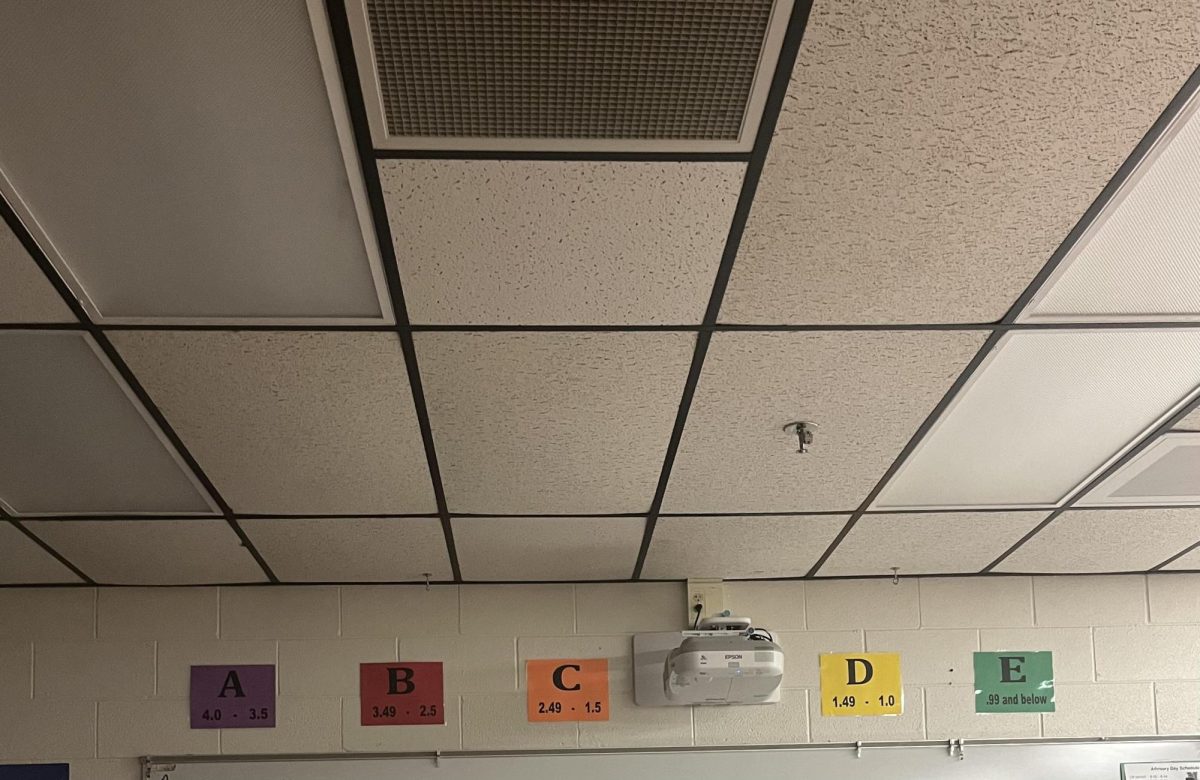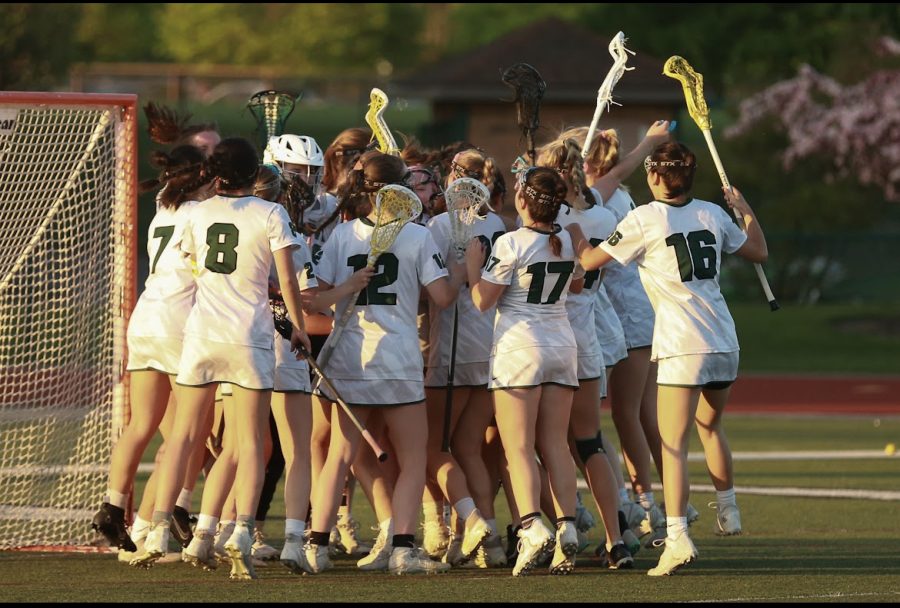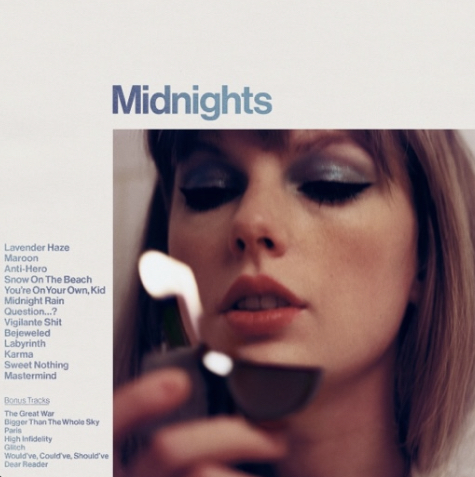The back-to-school season has been one of the most exciting times of year for me since I was in elementary school. I like the routine that school offers, I like seeing my friends, and getting new school supplies or clothes is always fun. However, the start of my senior year didn’t spark that same excitement for me. In fact, I felt dread. The idea of going to school five days a week, working 15 hours a week, leading newspaper and GSA and forensics, applying to colleges and and and and…….
Students at Novi High School can choose to participate in 37 clubs, 10 co-curricular activities, 27 sports across three seasons, 22 APs, 15 IBs, 3 honors courses, CTE, OSTC, interest groups, and assorted volunteer opportunities and special events.
It’s not uncommon to hear students talk about the pressure they’re under. In fact, it comes up frequently in class discussions, conversations with friends, and social media posts. It’s not like teachers and admin are unaware of this issue, either. The problem is, mental health spirit days where everyone wears yellow aren’t addressing the core issues.
While admin are promoting Social Emotional Learning (SEL) and mental health care, there is still a long way to go. Students should be further guided by teachers and counselors, whom they see more frequently and connect with more than admin, to do what’s right for them. There should be less emphasis on taking college-level courses, and more on what is right for the individual student.
So, what causes the competitiveness rampant in our community? I would argue that for many, it’s the pressure to go to a “good college.” Many people in our parents’ generations were taught that any degree would give them a leg up in the world, and that going to college would be enough to live a comfortable life. Now, due to economic uncertainty and the increasing availability of information, students must worry about what degrees will make them the most money, what colleges will offer them the most opportunities in their given fields, and how they can maximize their human capital to avoid struggling the way their parents are.
However, there are so many factors stacked against students, the odds seem impossible. College admissions have historically favored the white, the male, the Christian, and the wealthy. Those who fall outside these groups have always been at a disadvantage, but the effects of this will only increase after the Supreme Court’s repeal of affirmative action. Students who don’t fall into the privileged groups are now even more lost and scared heading into the college admissions process.
If the privileged can get into top colleges more easily, where does that leave the rest of us? Scrambling, trying to lead every extracurricular, ace every class, take as many APs and IBs as possible, overloading our schedules until we collapse into bed each night, exhausted by all of this. This stress is only compounded by online advice, telling students they must “stand out” in the application pool.
This cannot be good for our students. The pressure we put on our youth is causing a despondent and avoidant generation, who load up on activities and spend what little free time we have using the Internet as an escape.
While it is impossible for students to eliminate the stress caused by school and college applications, they can minimize it by taking care of themselves and doing what is right for them. Societal pressures will never go away. However, our school staff can support students by encouraging them to have a balanced schedule and focus on the classes they love- rather than taking APs or IBs in all academic areas. Parents can also emphasize the importance of balance by checking in with their kids regularly. In addition, students should check in with themselves and consider “Am I doing all of this for the right reasons? Is this making me happy? If not, what can I change?”
